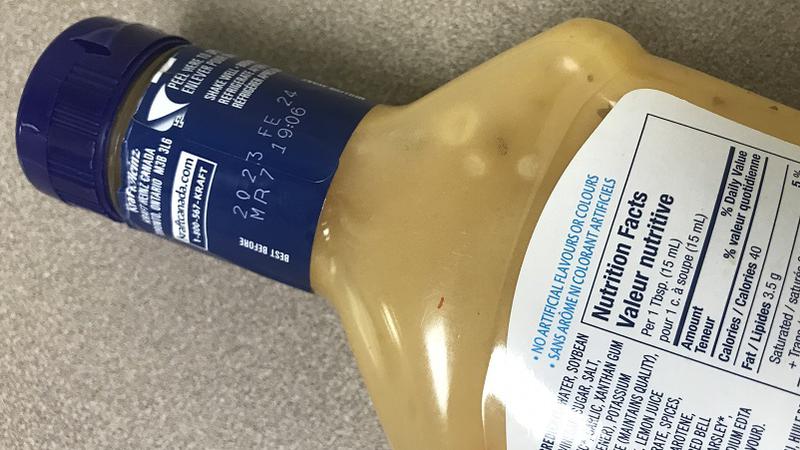
Looking for ways to reduce food waste
MELFORT, Sask. – Trips to the grocery store are more and more expensive.
Statistics Canada reported the Consumer Price Index for Food was up 10.6 per cent year-over-year in February. That was the seventh straight month with a double-digit increase.
Supply constraints, unfavourable weather in growing regions and higher input costs for energy, packaging materials and animal feeds were responsible.
The greatest increases in food cost were for fruit juices which were up 15.7 per cent, cereal products 14.8 per cent, vegetables 13.0 per cent, dairy products 9.4 per cent and meat up 6.2 per cent.


